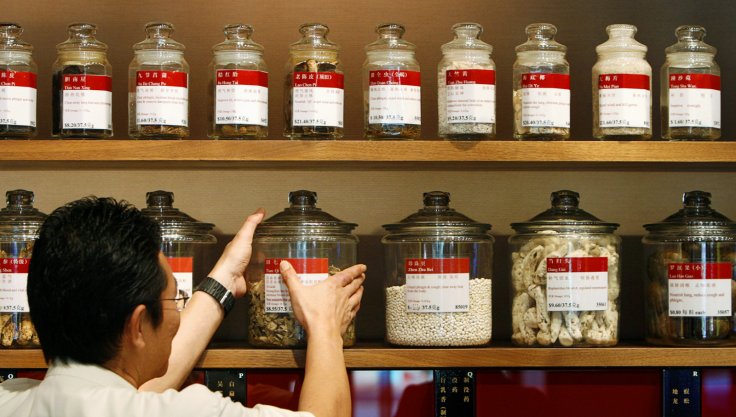
Senior Minister of State for Health Chee Hong Tat has announced on Sunday that Corydalis yanhusuo, which was banned in Singapore for almost 23-years, is going to be imported and sold in the Republic from June 1, 2018.
The decision came to spotlight during the Chinese New Year celebration, which was organized by Singapore Chinese Medicines and Health Products Merchant Association.
Corydalis yanhusuo is a species of genus Corydalis. The tuber of this plant works like an important therapeutic agent in Traditional Chinese medicine(TCM). This also known as a non-replicable herb, which has a painkilling and sedative effect. Corydalis can be consumed as a herbal compound as well as through capsules and tablets.
However, it also contains a natural substance called tetrahydropalmatine (THP), which raised concerns in 1994. During that time some reports stated that THP is harmful to the liver. So the Ministry of Health (MOH) had banned the substance since 1995.
Zhu Wen Jun, Medicinal Section Officer of the Singapore Chinese Medicines and Health Products Merchant Association said there are 82 herbs which contain THP and also widely used as a traditional Chinese medicine.
Earlier, the Health Science Authority (HSA) conducted a two-year long review program to determine the safety of the herbs, which contains THP. When they received the results HSA said that their findings indicated that there will be no major safety concerns if THP containing herbs are taken properly.
HSA also recommended a daily intake limit of such herbs to avoid unnecessary health issues. They said people should not consume more than 19 milligrams of this herb regularly.
The authority also mentioned that even though they labelled this herb as a non-harmful substance, HSA will continue to monitor the situation.
They also urged consumers to get medical advice from their doctors before taking such herbs to determine that the substance is suitable for their body.








